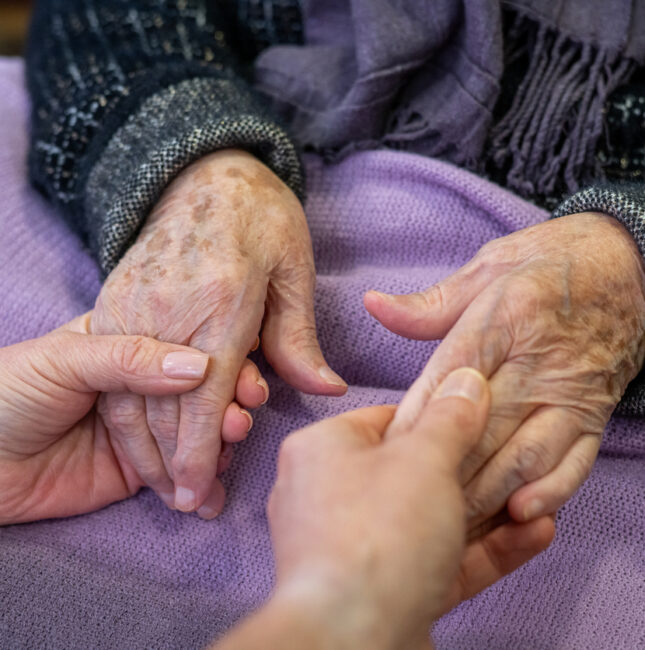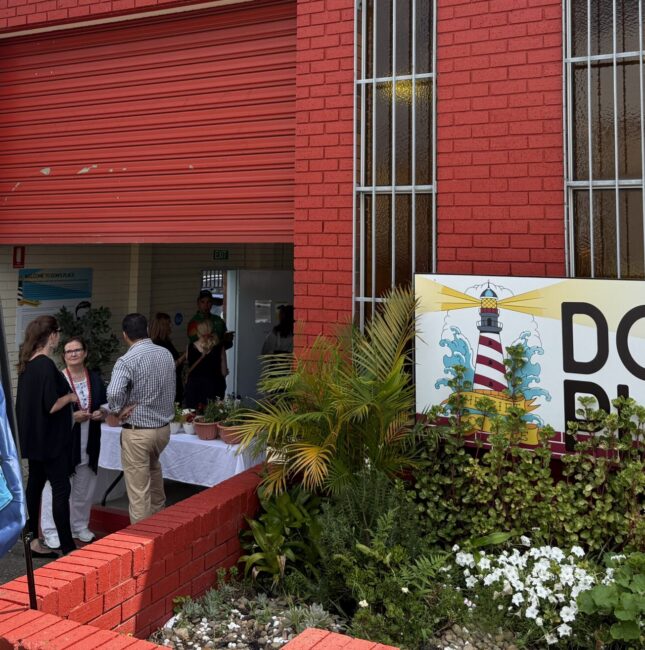The lasting impacts of homelessness on the youth of Australia
May 27, 2019
According to the most recent report by the ABS Census of Housing and Population, roughly 116,247 people were homeless, with 26,787 (24%) being youth under the age of 18. This is an 11% increase since the last report in 2011, and the numbers continue to rise.
Of this 24% of homeless youth in Australia, they report different living conditions including:
- 59% – Severely overcrowded houses
- 18% – Supported homeless accommodations
- 10% – Couch surfing
- 9% – Boarding houses
- 3% – Rough sleeping in tents or in the open.
But, what impact do these statistics have on Australia’s youth? Are there any lasting impacts that follow these young people throughout their lives once they’ve experienced homelessness? The answer is yes. They include:
1. Mental health issues
Comparing youth who were or are homeless, to youth who are not and have never been homeless, homeless youth are roughly 3.5 times more likely to experience mental health problems. These include common problems like depression and anxiety as well as self-harming behaviours like burning and cutting. These mental health problems can get worse as homeless youth often go without access to help like therapy or medication.
2. Criminal activity
Homelessness drives youth to participate in activities that they normally wouldn’t engage in like vandalism, gang activity and stealing. Around half of all homeless youth end up engaged in some form of criminal activity due to desperation. This could be anything from pressure from the people they’re around, or it could be because they’re hungry and have no money for the necessities like food and water.
3. Substance abuse
Stress and desperation lead to substance abuse, and research suggests that between 39% and 70% of homeless youth will abuse substances at some point and this can carry well into their adult lives. Homeless youth are more likely to try and get addicted to marijuana, crack cocaine, methamphetamine and alcohol. Substance abuse can lead to impairment, and this can lead to poor decision making.
4. Education and employment barriers
One study showed that only 57% of homeless youth in Australia attend and are enrolled in school. This creates significant barriers in education and employment, and many homeless youth don’t attend post-secondary education. In turn, they can have trouble securing even entry-level positions in the workforce. Additionally, homeless youth usually have large gaps in their employment history, and this can make finding steady work difficult. Only 19% of homeless youth report being employed and this number is dropping.
HOW WE CAN HELP
Getting the homeless youth of Australia the help they need is critical, and early intervention is vital. Our goal is to provide transitional accommodation these young people with a smooth transition to long-term and stable accommodation.
Our staff work to provide emotional and financial support and can help with referrals to get help with substance abuse problems, counselling and legal support. We want to help the homeless youth of Australia live happy, healthy and well-adjusted lives.
More news stories like this one
Introducing Crossroad Companions end of life service
When you receive a terminal diagnosis, life can suddenly feel uncertain and overwhelming. Questions arise, roles change, and you may find yourself moving from one medical team to the next. We're here to help.
Read MoreWorld Day of Social Justice – injustice isn’t accidental
World Day of Social Justice isn’t about slogans or good intentions. It’s about facing an uncomfortable truth - the systems we live within do not work equally for everyone, and pretending otherwise costs people their dignity, safety and hope.
Read More70 coffees for one great cause – Dom’s Place!
Eight Dom’s Place visitors recently completed barista training but the coffee cart isn’t just about serving coffee - it’s a practical way for them to develop pre-employment skills while contributing to the community.
Read More


